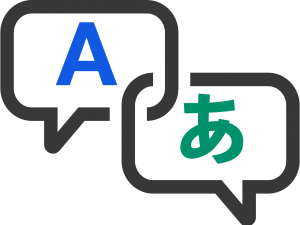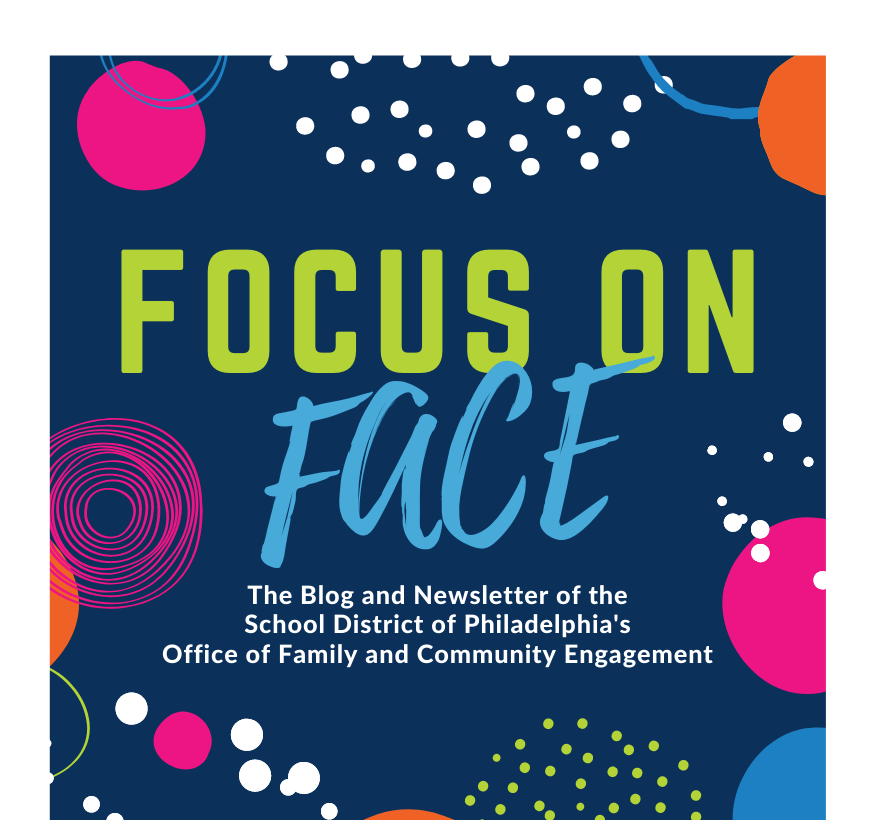Have you ever wondered about the difference between translation and interpretation? Are you new to utilizing language interpreters in your school community? The Office of Family and Community Engagement’s Multilingual Family Support Team is here to help! Among the many services and supports they provide to immigrant and refugee families throughout the School District of Philadelphia, translation and interpretation is critical for allowing multilingual families to have the same access to supporting their child’s education as any other family.
To understand language interpretation specifically, it’s important to understand the difference between language translation and language interpretation. Simply put, if it’s written, it’s translated. If it’s spoken, it’s interpreted. Both translation and interpretation are a skill that all District Language Access Coordinators and Bilingual Counseling Assistants have been trained on and can be requested by all District schools and offices.

Are you planning on using an interpreter for an upcoming meeting or event? Here’s ten simple tips for how to best utilize their services so all parties are respected.
- Not all bilingual individuals can interpret; use trained interpreters!
- Everyone in a meeting that uses the services of an interpreter (whether it is in-person or over the telephone) needs to speak slowly, loudly, and clearly. Do not mumble.
- Remember your audience and avoid using District jargon. Multilingual families and students should feel free to ask when they hear something they do not understand.
- Take pauses after a couple of sentences, in order for the interpreter to say it in the target language.
- If there is something, you do not want the interpreter to repeat… Do not say it! Interpreters interpret everything they hear.
- The interpreter will do a pre-session before the meeting starts. Expect District interpreters to say three things (both in English and in the target language) before any meeting begins:
- Their name and language.
- They will not edit anything they hear. An interpreter will use the first person. Never: “He said, she said.”
- If they take notes during the meeting, the notes will be destroyed before they leave the meeting.
- Look at the individual you’re communicating with, not at the interpreter. The function of an interpreter is to facilitate communication between the parties involved; hence, interpreters try to be the least intrusive as possible.
- Interpreters need copies of all papers that will use at the meeting ahead of time. Think how you would feel if you were asked to take a test without studying the material.
- Expect an interpreter to arrive 30 minutes prior to a regular meeting and 1 hour before an IEP. Why? Because meetings like IEPs have very complex documents to read and understand.
- If the meeting takes more than an hour, the interpreter will take a 5-minute break. The interpreter is the only person that is constantly speaking at a meeting.
Need further information on how to request interpretation or get District documents translated? Check out the resources linked here:

